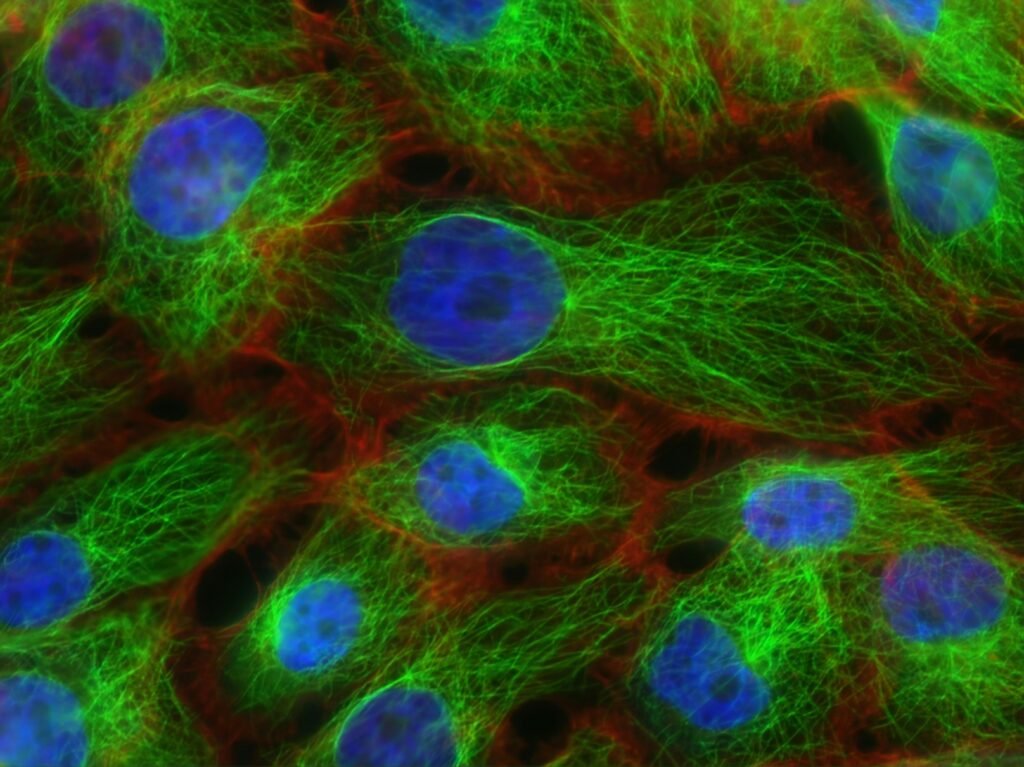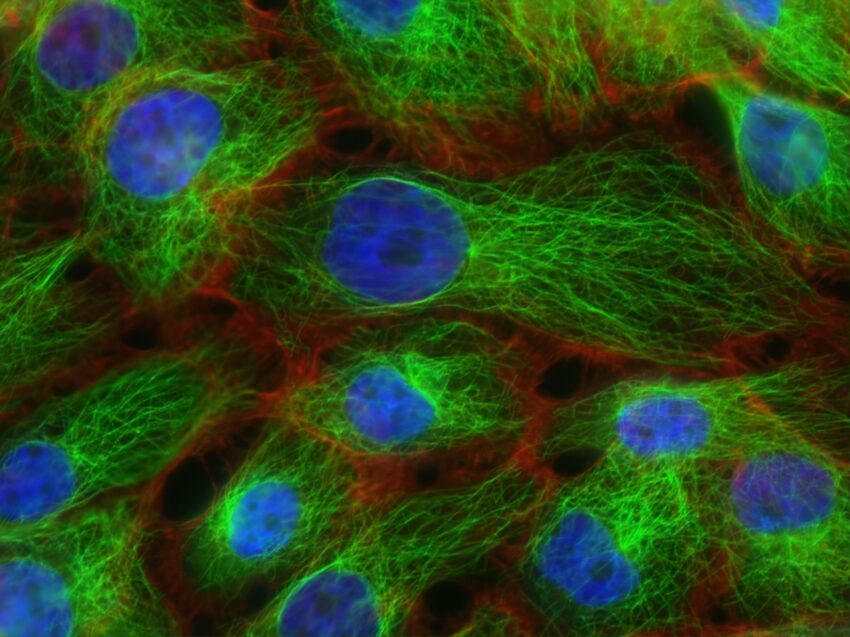Are you tired of dealing with the discomfort and pain of gastroesophageal reflux disease (GERD)? If so, then you might be interested in learning about holistic approaches to treating this condition. Instead of relying solely on medication, holistic treatments take a comprehensive approach that addresses not only the symptoms, but also the underlying causes of GERD. From dietary changes to stress management techniques, these holistic approaches focus on improving your overall well-being and promoting long-term relief from GERD. So, if you’re ready to explore alternative options for managing your symptoms, read on to discover the potential benefits of holistic treatments for GERD.
Dietary modifications
GERD, or gastroesophageal reflux disease, can be managed through various holistic approaches. One important aspect is making dietary modifications. By avoiding trigger foods, such as spicy or fatty foods, you can minimize the symptoms of GERD. Instead, opt for foods that are gentle on the stomach and promote digestion. Eating smaller meals throughout the day, rather than large and heavy meals, can also help prevent acid reflux. Additionally, chewing your food thoroughly and taking your time while eating can aid in digestion and reduce the likelihood of reflux. After meals, it’s best to avoid lying down immediately to allow gravity to help keep stomach acid where it belongs. Lastly, wearing loose-fitting clothes instead of tight ones can prevent unnecessary pressure on the abdomen, reducing the chances of acid reflux.
Lifestyle changes
Alongside dietary modifications, certain lifestyle changes can significantly improve your GERD symptoms. Maintaining a healthy weight is essential, as excess weight can put pressure on the abdomen and increase the risk of reflux. If you are a smoker, quitting smoking can have a profound impact on your condition, as smoking weakens the lower esophageal sphincter and promotes acid reflux. Elevating the head of your bed by around six inches can also help prevent stomach acid from flowing back into the esophagus while you sleep.

Stress management
Stress is known to exacerbate many health conditions, including GERD. Incorporating stress management techniques into your daily routine can have a positive impact on your overall well-being and reduce the frequency and severity of GERD symptoms. Practicing relaxation techniques, such as deep breathing exercises, meditation, or yoga, can help calm your mind and body, thereby reducing stress levels and potentially alleviating GERD symptoms. Engaging in regular physical activity, such as walking or swimming, releases endorphins and promotes feelings of well-being, which can also contribute to stress reduction. Additionally, ensuring you get enough sleep each night is crucial, as sleep deprivation and GERD symptoms often go hand in hand.
Natural remedies
Several natural remedies can provide relief from GERD symptoms. Ginger has long been used for its anti-inflammatory properties and is known to soothe the digestive system. Chamomile, whether consumed as a tea or taken in supplement form, has calming effects on the stomach and can ease heartburn. Licorice, particularly the deglycyrrhizinated form, has been shown to help protect the lining of the esophagus, reducing the frequency and severity of acid reflux episodes.

Herbal and nutritional supplements
Certain herbal and nutritional supplements have shown promise in managing GERD symptoms. Aloe vera, when consumed in juice form, has a soothing effect on the digestive system and may help reduce inflammation. Slippery elm, either taken as a supplement or mixed with water to create a soothing drink, forms a protective coating in the esophagus, providing relief from discomfort caused by acid reflux. Probiotics, which promote a healthy gut microbiome, can enhance digestion, reduce inflammation, and potentially alleviate GERD symptoms.
Acupuncture
While the evidence for acupuncture’s effectiveness in treating GERD is limited, some clinical studies suggest that it may offer relief. Acupuncture involves the insertion of thin needles into specific points on the body to restore balance and promote healing. It is believed to stimulate the release of endorphins, which can reduce pain and promote relaxation. More research is needed to establish a definitive link between acupuncture and GERD symptom relief.

Homeopathy
Homeopathy is a holistic approach to treating GERD that focuses on individualized treatment plans. Specific remedies, such as Nux vomica or Pulsatilla, may be recommended based on your unique symptoms and constitutional type. Homeopathy aims to stimulate the body’s healing mechanisms and restore balance, aiming to address the root cause of GERD rather than merely suppressing symptoms. Consulting with a qualified homeopath is integral to receive personalized treatment that addresses your specific needs.
Ayurveda
Ayurveda, an ancient system of medicine from India, offers a comprehensive approach to managing GERD. Diet plays a pivotal role in Ayurvedic treatment, with emphasis on consuming alkalizing foods and avoiding acidic or fried foods. Lifestyle recommendations may include practicing mindful eating, avoiding overeating, and maintaining regular meal times. Additionally, Ayurvedic herbal remedies, such as Triphala or Amla, may be prescribed to aid digestion and reduce acid reflux symptoms. Consulting an Ayurvedic practitioner is essential to receive personalized guidance and ensure safe and effective treatment.

Chiropractic care
Chiropractic care focuses on spinal health and proper alignment. Misalignments in the spine can contribute to GERD symptoms by putting pressure on certain nerves or disrupting the functioning of the esophagus. Chiropractors use spinal adjustments to correct misalignments and restore proper nerve function. Additionally, posture correction techniques taught by chiropractors can help alleviate pressure on the abdomen, reducing the likelihood of acid reflux episodes.
Meditation and mindfulness
Meditation and mindfulness practices can complement other holistic approaches in managing GERD. By reducing stress and anxiety, meditation can have a positive impact on overall well-being and potentially alleviate symptoms. Mindfulness techniques, such as paying attention to your body’s signals during meals and eating slowly, can promote healthier eating habits and aid digestion. Incorporating meditation and mindfulness into your daily routine can bring balance to both your mind and body, supporting your holistic approach to managing GERD.
In conclusion, holistic approaches to treating GERD offer a comprehensive and natural way to manage symptoms and improve overall well-being. By making dietary modifications, implementing lifestyle changes, practicing stress management techniques, utilizing natural remedies, exploring alternative therapies like acupuncture and homeopathy, and embracing practices such as Ayurveda, chiropractic care, and meditation, you can address the root causes of GERD and find relief from its symptoms. It is essential to work with qualified practitioners in each respective field to ensure safe and effective treatment tailored to your individual needs. With a holistic approach, you can take control of your health and experience greater well-being.



